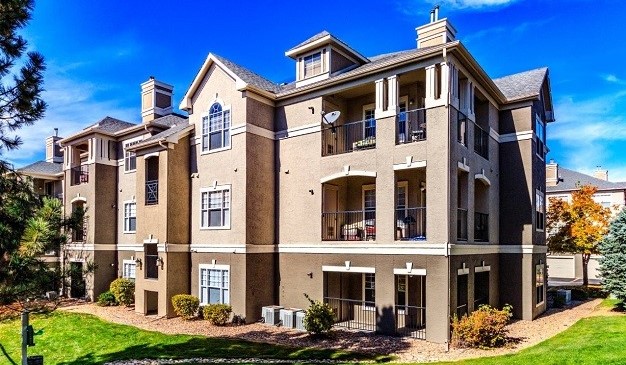
CHICAGO—Waterton, a national real estate investor and operator, just closed its latest multifamily value-add investment fund, Waterton Residential Property Venture XIII, LP, with $920 million of equity commitments, surpassing its $750 million target. The Chicago-based company launched the fund in fall 2016 and held its final closing on April 18.
It's another sign that investors still have a lot of interest in the multifamily sector. Although many cities have seen developers complete many thousands of new units, experts say from a pure supply and demand standpoint, the sector's fundamentals are still quite strong, and the right properties in the right locations will generate value over the long-term.
“We expect housing demand to outpace housing supply,” Philip Martin, senior vice president of market research for Waterton, tells GlobeSt.com. Unlike single-family homes, multifamily units were not oversupplied when the recession hit, and that gap is not yet filled. Furthermore, because the economy started picking up steam within the past few years, household formation should keep accelerating, “and that will certainly benefit multifamily. Existing single-family stock that is available is often older, not as well-located, and requires a fair amount of capital expenditure.” Therefore, for many families “apartments are a great initial choice.”
Venture XIII plans to invest more than $2.5 billion, including debt, in 25-30 multifamily assets over the next two years. To date, the fund has closed or committed to six transactions, approximating $400 million in total capitalization.
The fund will continue Waterton's value-add real estate investment program, which has spanned more than two decades. Venture XIII will pursue both urban and suburban opportunities in the top 30 US markets, with an emphasis on well-located, middle-income housing. In addition to seeking geographic diversity, Venture XIII will target multifamily assets of varying ages and building types, including garden-style, mid-rise and high-rise communities.
Waterton will pay close attention to the dynamics of each market, Martin adds. “We get pretty granular.” The key question is always, “what type of housing void might be in the marketplace?” One particular market or even submarket could have no fully-updated properties that cater to renters who can afford a class B community, for example, or lack any true class A units with amenities. “A value-add can come in class B or it could come in class A.”
Martin says that over the past few decades, new home deliveries typically exceeded total demand by about 200,000 units per year. “That has essentially flipped today.” And with family formation outpacing new home building, “we believe that dynamic is going to exist for the next several years.”
© Touchpoint Markets, All Rights Reserved. Request academic re-use from www.copyright.com. All other uses, submit a request to [email protected]. For more inforrmation visit Asset & Logo Licensing.







